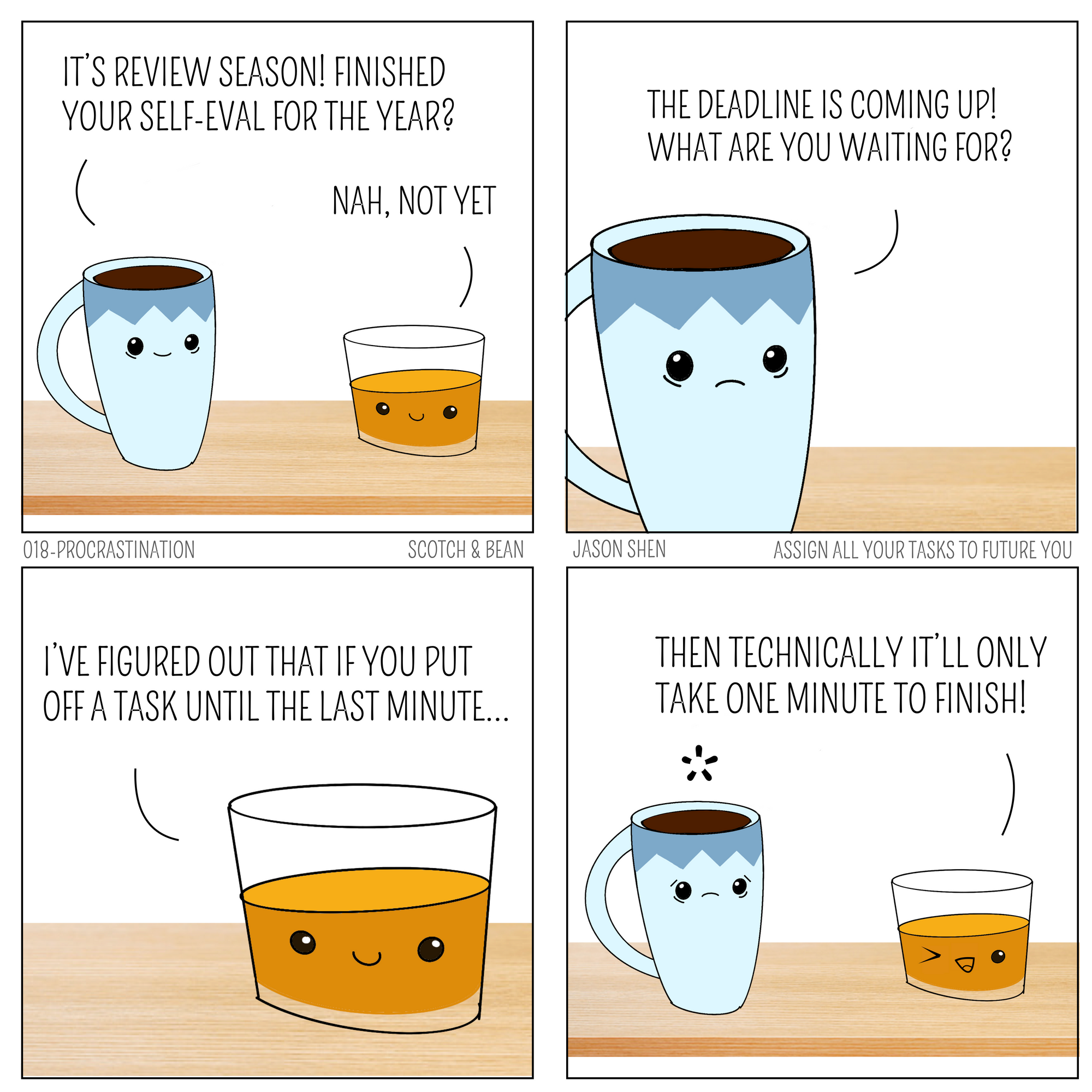This is the 60th edition of Cultivating Resilience, a weekly newsletter how we build, adapt, and lead in times of change—brought to you by Jason Shen, a 1st gen immigrant, retired gymnast, and 3x startup founder turned Facebook PM.
This newsletter is about resilience, not politics. In today’s thought, I write about how Brett Kavanaugh’s been dealing with his post-confirmation fallout. Regardless of your political affiliation, I think there’s lessons on resilience to be learned.
On a separate note, I’m back in NYC for a few days from Oakland. Hope folks in the US are staying cool in this unprecedented heat wave!

🧠 Does Brett Kavanaugh Stand for Something Other Than His Own Acceptance?
In the June issue of The Atlantic, there’s a piece about the Supreme Court Justice Brett Kavanaugh, now three years into his lifetime appointment. The article deals with the aftermath of his controversial and hotly debated confirmation (due in large part to a very credible accusation of sexual assault). It starts in his local neighborhood.
Stories of his shunning circulated among neighbors, accompanied by a mix of pity and schadenfreude: the woman at La Ferme who heckled him after dinner; the taunting message on the diner marquee that he passed each morning on his commute. Even at the Shrine of the Most Blessed Sacrament, where people were usually so good about setting aside political differences, the Kavanaugh case proved divisive. Poor Father Foley was swamped with letters and emails, while parishioners parsed the details of Brett’s alleged youthful sins—What was a devil’s triangle, anyway?—and grumbled about watching him receive Communion.
Supposedly he’s taken this all in stride and gets that people would have strong feelings following his confirmation. Yet, regardless of how you feel about whether he should have been confirmed, the process is clearly grueling and taxing.
When he had to withdraw from his teaching position at Harvard Law School amid protests—despite his sterling student evaluations—he was stung, but told everyone he understood the situation. And when Matt Damon turned him into a punch line on Saturday Night Live, he gamely insisted that the impression was hilarious.
But the frustration is probably still there.
“He’s made an effort to say, ‘Look, I’m not bitter about this. I’m moving forward,’ ” one friend told me. “But I assume, when he’s lying in bed at night, it’s hard not to think about it.” Another friend put it more bluntly: “He was really angry at Democrats for what they did to him and his family.”
The suggestion here is that Kavanaugh could become more like Clarence Thomas, another Supreme Court justice who retreated from public life after his confirmation was consumed by accusations of sexual harassment.
But more likely given his past behavior, Kavanaugh is probably wanting to rehabilitate his image so he can be accepted back into the elite circles of society he worked so hard to climb into (Yale, Supreme Court clerkship, Harvard Law School1).
And yet, those same friends also describe a competing impulse in Kavanaugh—a burning desire to gain readmission into polite society and enjoy all the perks associated with one of the world’s most prestigious jobs.
Kavanaugh was determined not to remain in exile forever. “He thrives on life in the public square,” a friend told me. “He loves it.” So far, the public square has not been particularly inviting.
The author makes a good point that a lot of his career and life has been about gaining acceptance. As an only child, some speculate he just wanted to fit in. His drinking habits were a way to earn the respect of Georgetown Prep classmates and his Yale frat brothers2. The article even quotes people who suggest that his conservative leaning appeared in law school as partly a way to gain the sponsorship of influential professors who leaned right (and thus were less inundated with students).
A strange irony of Brett Kavanaugh’s ruinous 2018 confirmation battle is that for all the attention it commanded—and all the certainty it instilled in both supporters and opponents—Kavanaugh remained more or less a mystery when it was over. What did he believe? Whose interests was he serving? And what exactly happened in that suburban-Maryland bedroom all those years ago?
In a way, Christine Blasey-Ford’s accusation of sexual assault led to a larger debate about binge drinking, memory, consent, what should be left in the past as “youthful indiscretions”, and what should be considered disqualifying for a job3. But it de-emphasized Kavanaugh’s own values and judgement in terms of his now job: as Supreme Court Justice.
If Kavanaugh is “dangerous,” as his critics contend, it’s not because he is part of some brazen right-wing conspiracy. It’s because he has managed to ascend to the height of American power while remaining, perhaps even to himself, a living Rorschach test.
What you believe in matters, obviously as a one of the most powerful judges in the nation, but also as a part of cultivating resilience. It’s not clear (at least from the article) that Kavanaugh truly has a set of core beliefs and values that underpin why he does what he does. Social acceptance isn’t a great North Star.
Obviously neither you or I know what’s in his heart and what soul-searching he’s been done or is doing. But this isn’t really about Kavanaugh, it’s about us. How can we ensure that we stand on solid ground when it comes to our core values and beliefs, so we can endure the slings and arrows of life?
More on that after the comic.
🖼 Waiting Till the Last Minute

It’s Performance Summary Cycle (PSC) week at Facebook and I was inspired by a meme posted in an internal group to make this.
👉 Affirming Your Highest Values (exercise)
Under the umbrella of Reflect (from my Resilience Rules Framework) is the strategy of Remember What Matters. One way to do that is through self-affirmation, that is, choosing, prioritizing, and elaborating about your most treasured values, is a powerful technique for dealing with criticism and other threats to our self-image. Developed by Columbia provost and psychology professor Claude Steele, it has been shown to help reduce stress, improve cognitive performance, and even allow White people to admit race-based privilege.
Borrowing liberally from the Greater Good in Action site run out of UC Berkeley (the whole site is amazing), here is one way to self-affirm:
1. The following is a list of different values, characteristics, and qualities, some of which may be important to you and some of which may not. Start by ranking them in order of their importance to you, from 1 to 11:
- artistic skills/aesthetic appreciation
- sense of humor
- relations with friends/family
- spontaneity/living life in the moment
- social skills
- athletics
- musical ability/appreciation
- physical attractiveness
- creativity
- business/managerial skills
- romantic values
2. Then, write a brief account (one to three paragraphs) of why your #1 value or quality is important to you, including a time when it played an important role in your life.
And if you want some more evidence that this works, here’s a quote from an NPR producer on how self-affirmation helped her deal with negative feedback. (She chose friends & family as her top value)
Actually, I just received a direct message on Twitter from somebody who I worked with about more than 15 years ago, we haven’t heard from in a really long time, who decided to reach out to give me some thoughts about a podcast episode that I edited. And also, by the way, when somebody reaches out to tell you they have “thoughts” about something that you made and they don’t just say, “Hey, that was awesome,” you pretty much know criticism is coming. I handled it so much better than I would have handled it before doing this. I do think what this exercise has done has helped me understand this person who I haven’t spoken to in many, many, many years wanting to give me unsolicited criticism? No. It’s my mother, my father, the people who I love in my life. Those are the people whose opinions I value. So I think it actually really helped me. I didn’t spiral out of control. I would have.
How did this go for you? Let me know in the comments or in a reply and I’ll catch you in a week.
Like this edition of Cultivating Resilience? Help me reach more people who could use these ideas by sharing it!
As an interesting aside, the Dean of Harvard Law at the time was Elena Kagan and she hired Kavanaugh to teach. Of course she then became a Supreme Court Justice herself and the article mentions how Kagan tried to take him under her wing, with the idea that he’d take the liberal side of a decision perhaps a bit more frequently.
Delta Kappa Epsilon, whose past members include both US Presidents and Supreme Court justices
I was and still am angry about Kavanaugh’s confirmation and the message it sends about how privileged white men are immune to serious consequences for their behavior.

